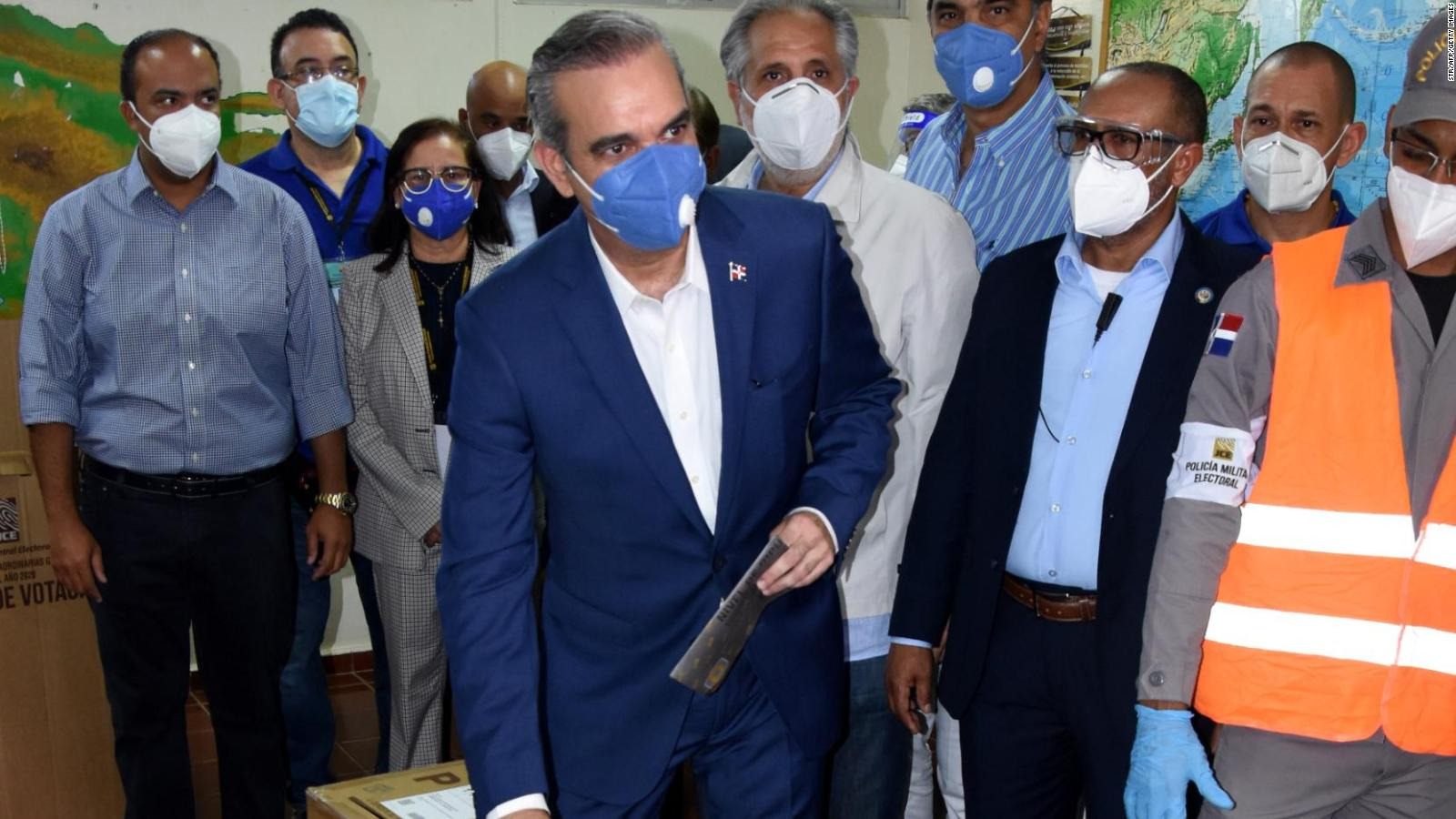Free and fair elections are a basic tenet of democracy, and the Covid-19 pandemic has put several national ballots at risk. At least 11 elections have been upended in Latin America: municipal races were postponed in Argentina, Brazil, Colombia, Mexico, Uruguay, and Paraguay, and Chile has pushed back a constitutional referendum to October. In Bolivia, interim President Jeanine Áñez — who took office after a coup d’état against Evo Morales — is using the pandemic to stretch her supposedly placeholder term a little longer. But the Dominican Republic, a 10.6-million-people nation with 37,425 confirmed coronavirus infections and 794 deaths, has gone ahead with its presidential election, regardless of the pandemic.
Social-democrat businessman Luis Abinader, of the center-left Modern Revolutionary Party (PRM), managed a first-round victory in Latin America’s first election since the beginning of the pandemic. The result breaks with the 16-year reign of the centrist Dominican Liberation Party (PLD).
It was not a smooth ride, however.
Candidates were unable to hold rallies — turning their campaign focus to the internet. Platforms were largely...


 Search
Search






































